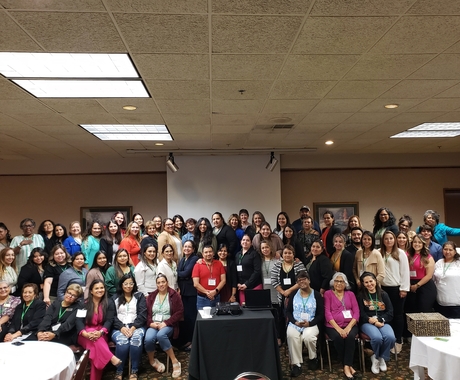Rhea Landholm, communications manager, [email protected] or 402.687.2100 ext. 1025
LYONS, NEBRASKA – Months after the Coronavirus Aid, Relief and Economic Security (CARES) Act was signed into law, Congress is considering legislation that would include rural businesses and communities initially left out of the stimulus package.
The Rural Equal Aid (REA) Act, a bipartisan measure introduced today, led by U.S. Rep. Cindy Axne (D-IA), will provide needed relief to entities with loans through the U.S. Department of Agriculture (USDA) Rural Development program. Currently, only businesses with loans through the Small Business Administration (SBA) are eligible to have the principal, interest, and any associated fees owed on the covered loans for a six-month period. This has left rural businesses behind.
Under the new proposal, payment relief would extend to businesses with loans through the Rural Microentrepreneur Assistance Program (RMAP) and the Intermediary Relending Program, as well as loans made to public and nonprofit organizations for community facilities, and to businesses, cooperatives, and nonprofits expanding in rural areas.
Johnathan Hladik, policy director for the Center for Rural Affairs, said passage of the REA Act is crucial not only for the business and community entities involved, but also rural America.
“Expanding support to rural businesses will provide parity for rural communities that have been hit hard by the economic impacts of the coronavirus pandemic,” Hladik said. “These are the loans that keep Main Street vibrant, making it possible for small community financial institutions to grow local economies with local dollars.”
Cosponsors of the House bill include Reps. Lisa Blunt Rochester (D-DE), Jared Golden (D-ME), Troy Balderson (R-OH), Austin Scott (R-GA) and Scott Tipton (R-CO). Sen. Jon Tester (D-MT), along with Sens. Angus King (I-ME), Mitt Romney (R-UT), Jeanne Shaheen (D-NH), Chris Coons (D-DE), and David Perdue (R-GA) are leading the companion bill in the Senate.
“Our rural businesses have been under the same burdens and weathering the same storm since the beginning of COVID-19. It is only fair that we extend them the same provisions to sustain them through challenging economic times,” Axne said. “I’m proud to lead this bipartisan group to unveil this legislation in both chambers of Congress this week, and I urge congressional leadership to include this commonsense measure in the discussions of the next round of essential COVID-19 aid.”




